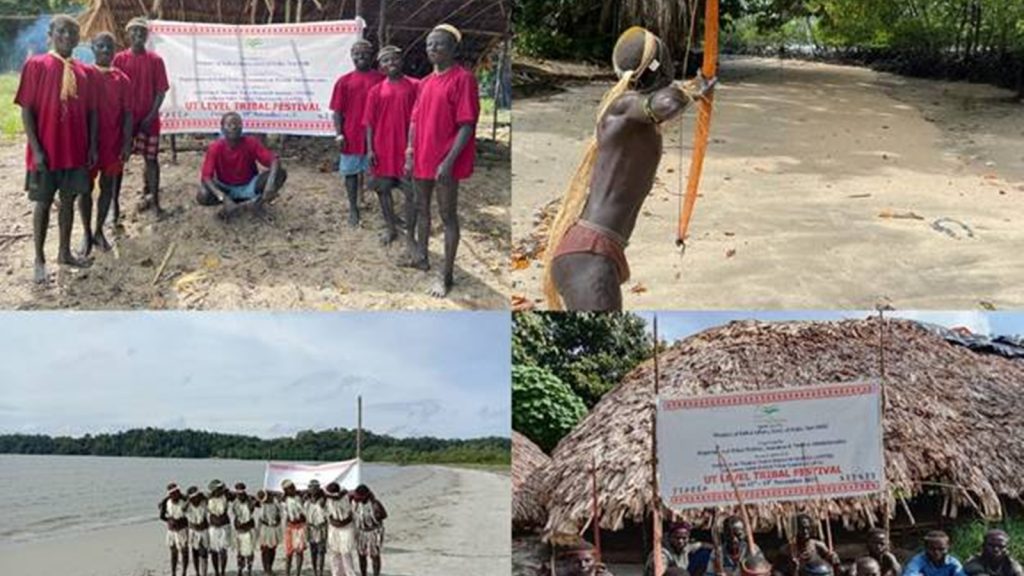Context:
A recent genomic study has revealed that the Nicobarese tribe, which resides in the Nicobar group of Islands, is genetically closely related to the people of South and Southeast Asia.
About the Study

- It was jointly carried out by researchers from institutions like Banaras Hindu University (BHU), the Centre for Cellular and Molecular Biology (CCMB), and the University of Bern, Switzerland, and published in the European Journal of Human Genetics.
- The genomic analysis was conducted on 1,559 Nicobarese individuals.
- This is the first detailed genetic analysis of the tribe supporting this connection.
- The study relied on stable DNA (genomic) markers that mutate slowly over time, allowing researchers to trace the tribe’s genetic history and origins accurately.
Key Highlights of the Study
The Nicobarese tribe is genetically closely related to the Austroasiatic-speaking ‘Htin Mal’ communities living in the Thailand-Laos border region.

According to this study, the Nicobarese migrated to the Nicobar Islands 4,500 to 5,000 years ago, during a period when Southeast Asian communities were engaged in farming, agriculture, and animal rearing.
- Previous theories suggest that linguistic ancestors of the Nicobarese settled in the Nicobar archipelago during the early Holocene, about 11,700 years ago.
These communities expanded their agricultural practices into the Nicobar Islands, leading to the migration of both men and women.
The study highlights the unique evolutionary history of the Nicobarese. Southeast Asian communities, historically engaged in farming, thrived due to abundant food production, leading to rapid population growth. To sustain this expansion, some from within the community were forced to expand their agri-practices into newer geographical territories, one of them being the Nicobar islands.
The findings provide important insights into the genetic history of the Nicobarese tribe and the broader migration patterns of early Southeast Asian populations thus contributing to a deeper understanding of human evolution and settlement in the region.
Protecting the Tribe:
- Experts stress the importance of protecting the Nicobarese from exposure to outside populations and pathogens.
- Their isolation has helped them maintain their traditional way of life and genetic integrity thus allowing scientists to know about the tribe’s history and genealogy.

